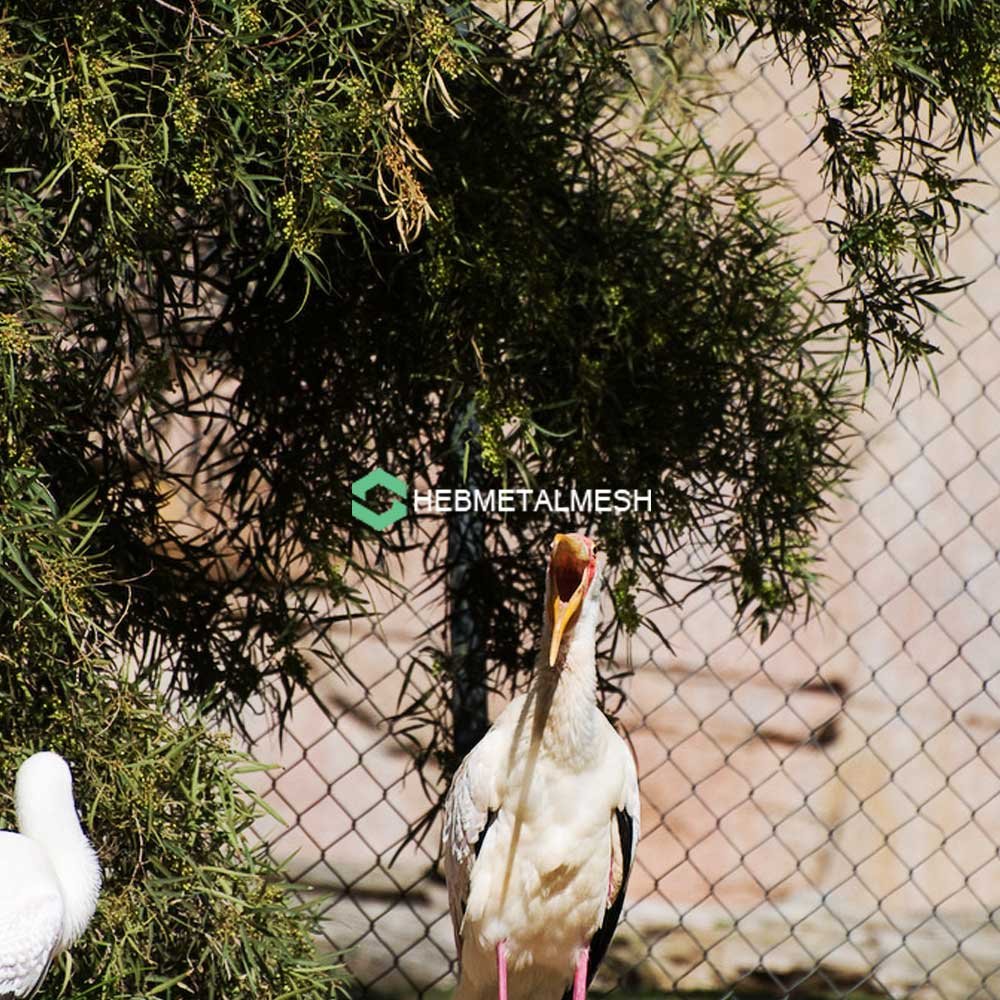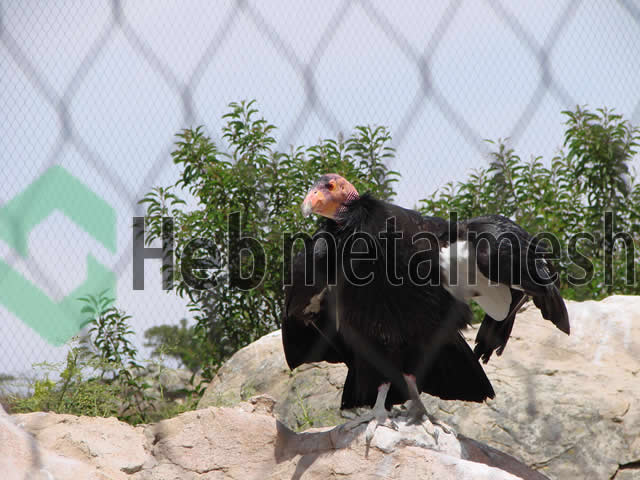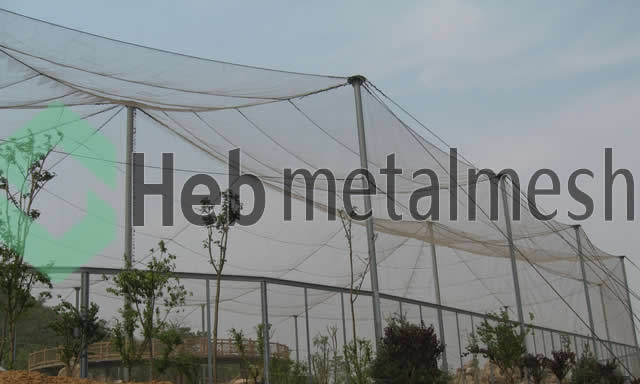Creating a safe and comfortable environment for birds requires careful consideration of the aviary’s design, particularly when it comes to selecting the appropriate wire material. The right aviary wire is crucial for the protection and well-being of the birds, as well as for the durability and maintenance of the aviary itself. Here, we will discuss the key factors to consider when choosing the best aviary wire material for your feathered friends.
Consider the Birds
Before diving into the various materials available, it’s important to consider the type of birds you’ll be housing. Different species have different needs in terms of space and security. Larger birds, for example, might require stronger wire mesh to prevent escape, while smaller birds could be housed with finer netting that still prevents predators from getting in.
Durability and Strength
The strength of the aviary wire is paramount to ensure that it can withstand the force exerted by the birds and resist potential predators. Stainless steel wire mesh is often recommended for its strength and resistance to rust and corrosion. This material can endure harsh weather conditions and the persistent pecking of birds without showing signs of wear.
Mesh Size
The size of the mesh openings is another critical factor. The mesh must be small enough to prevent birds from escaping and large enough to allow them to see their surroundings and get plenty of fresh air. For most applications, a mesh size of 1/2 inch to 1 inch works well, but this can vary depending on the bird species.

Material Options
Stainless Steel Aviary netting
Stainless steel aviary netting is considered the gold standard for aviary wire due to its durability and resistance to the elements. It’s also non-toxic and safe for birds, ensuring that they won’t be harmed if they chew on the wire.
Galvanized Steel
Galvanized steel is another popular choice due to its cost-effectiveness. However, it’s essential to ensure that the wire is galvanized after welding to prevent rust at the weld points. Some birds may react to the zinc in galvanized wire, so it’s important to research if this material is suitable for your specific bird species.
PVC-Coated Wire
PVC-coated wire offers an additional layer of protection against the elements and can be safer for birds, as the coating prevents them from coming into direct contact with metal. This type of wire can also blend more seamlessly with the environment due to its color options.
Maintenance and Cleaning
When selecting wire mesh aviary, consider the ease of maintenance and cleaning. Stainless steel aviary netting is easier to clean and disinfect compared to other materials, which can be especially important in preventing the spread of disease among birds.

Cost Considerations
Lastly, your budget will play a role in choosing the right aviary wire material. While stainless steel offers many benefits, it’s also the most expensive option. Galvanized and PVC-coated wires are more affordable but may require more frequent replacement.
In conclusion, selecting the best aviary wire mesh material involves weighing the needs of your birds against factors such as durability, mesh size, material, maintenance, and cost. By carefully considering these aspects, you can ensure a safe and long-lasting habitat for your aviary inhabitants.


